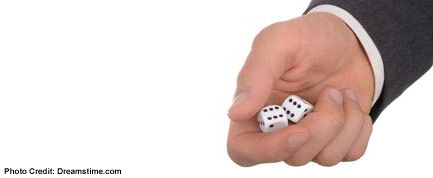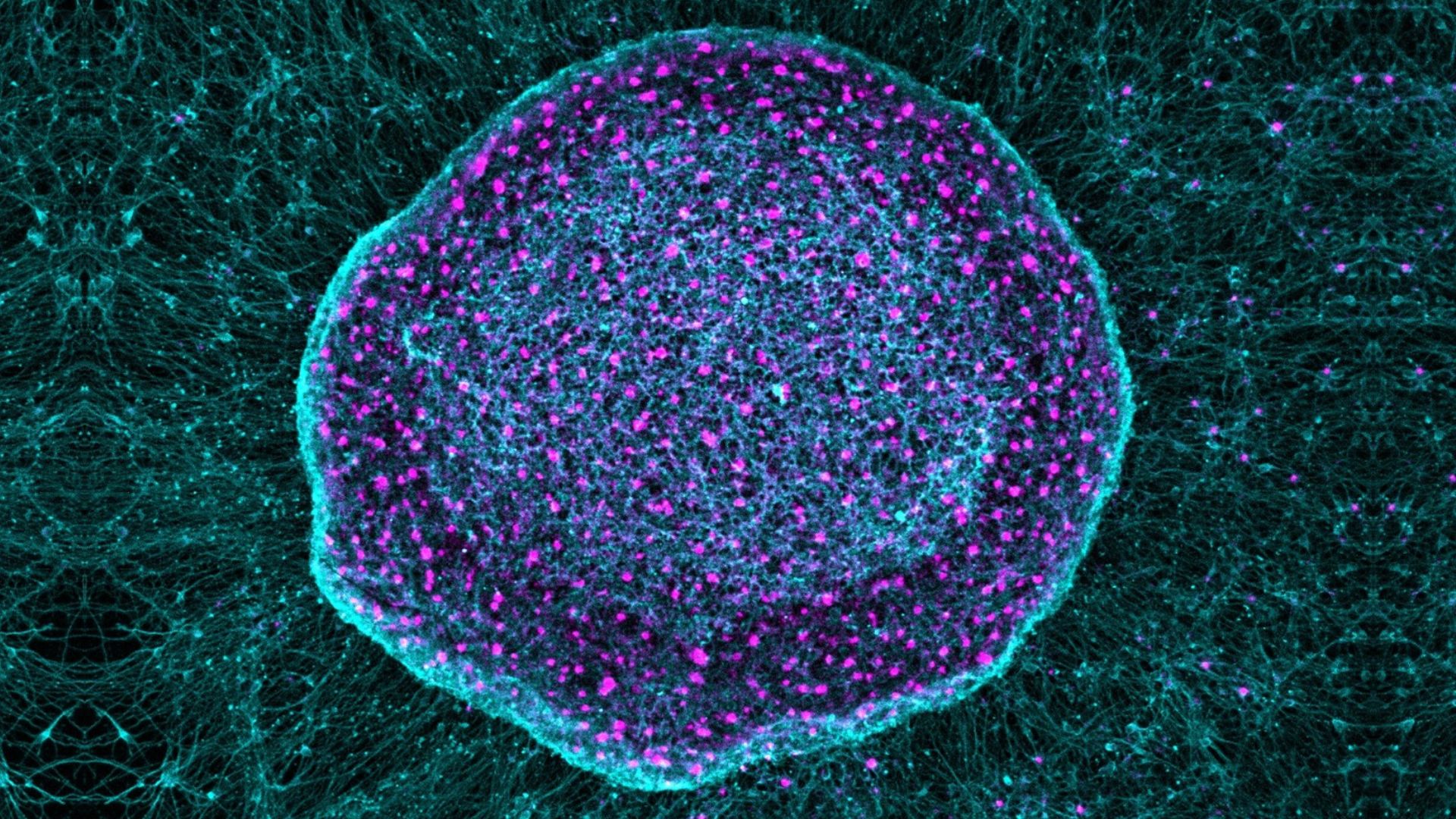Luck Turns Bad: First 7/7/7, Now Friday the 13th

Our brains are hard-wired to search for meaning, to help us understand the world. For the most part, the brain does pretty well, but often people see patterns where they don’t exist. This happens in numerology, wherein people seek special significance in numbers.
July 2007 is unique in that it has both an especially lucky and an especially unlucky day, both within a week of each other. The first date, July 7, was full of lucky sevens, while the luck supposedly runs out this Friday the 13th.
Weddings were scheduled for July 7 at triple the normal number; one giddy bride interviewed on television talked about how the date was special because it only occurs once in a lifetime, missing the fact that every day’s date only occurs once in a lifetime. (Though the date does make the anniversary easy to remember, so perhaps it truly is lucky for the husbands.)
Several nightly news shows carried stories about the alleged significance of the sevens. Though the segments weren’t hard news, numerology was treated seriously; anchor Katie Couric even interviewed a numerologist in the studio. In a blow to their credibility, the news shows did not include disclaimers stating that numerology has no scientific validity and that the "mystical significance" of any number is more imagined than real.
Not even 7/7/7, actually
The public, reporters, numerologists, and other mystical thinkers overlooked one obvious and important detail: Their date was off by two millennia.
The correct numerical date for July 7, 2007 is not 7/7/7, nor 07/07/07, but instead 7/7/2007. Ignoring the first two or three digits gives you the wrong numerical date, which you would think might undermine any cosmic significance. Of course, you can just add or drop any numbers to create whatever significance you like, but reality (and the placeholder zero) shatter the number’s alleged mysticism.
Get the world’s most fascinating discoveries delivered straight to your inbox.
Richard Wiseman, professor of psychology at England’s University of Hertfordshire, believes that people shouldn’t look to numbers or the stars to bring them luck.
According to his book "The Luck Factor," people can make their own luck. “It is all a question of how you think and behave,” Wiseman said. “Lucky people are good at spotting opportunities in their lives, they are optimistic, and perhaps most important of all, bounce back from any ill fortune they encounter rather let it drag them down.”
Lotto bad luck
If the number seven is lucky, we should see some evidence of that.
The cold hard truth is that the number 7 (or 777, or 7707, etc.) was not lucky for tens of thousands of people who played the numbers in lotteries across the country. In Florida, for example, 30,000 people chose the lucky number sevens for the Cash 3 game and the Play 4 game. All were losers. Had they chosen 632 or 4695, respectively, they’d be rich.
By focusing on the wrong numbers instead of a random pick, the number 7 actually brought people bad luck.
Benjamin Radford is co-author of “Hoaxes, Myths, and Manias: Why We Need Critical Thinking” (2003). This and other books are noted on his website. He shares his skepticism regularly on LiveScience.
- The Biggest Popular Myths
- Why is Friday the 13th Considered Unlucky?
- Urban Legends Debunked

 Live Science Plus
Live Science Plus





